A hiatal hernia occurs when part of the stomach extends across the chest. Hiatal hernia and gastroesophageal reflux are common conditions in people over 50 years of age. Some factors, such as obesity, can promote their development, such as aging and cigarette consumption. Here we provide the best hiatal hernia diet.
One of the most important and difficult symptoms of hiatal hernia is acid reflux or regurgitation, which leaves a burning sensation that runs from the stomach to our throat.
Gastroesophageal reflux can be a very troublesome symptom and is often the symptom that leads to the diagnosis of hiatal hernia diet. Although many people use antacids to soothe the symptoms associated with reflux, this is not recommended as digestion is compromised and may hide other symptoms. Therefore, it is best to follow the instructions of the medication and avoid misuse of antacids.
Table of Contents
General recommendations
Some medications strengthen muscles that prevent reflux from occurring, and there is also surgery to correct the hiatal hernia. Still, proper nutrition and some recommendations can help fight reflux.
Lose weight if you are overweight
- Avoid large meals; you should divide your food intake into smaller meals throughout the day, i.e., five times lighter meals instead of just three abundant ones.
- Avoid accompanying your meals with drinks; you can drink liquids half an hour before eating, or even during the day, but not with eating.
- Do not take a nap, or lie down after eating, wait at least 1 hour before going to bed, and preferably two hours.
- Avoid large liquid meals or broth as they can promote reflux.
- Do not try to bend down after eating.
- Raise your bed 5 to 10 inches in the part of your head so that gravity prevents reflux.
- Do not try to do physical activity immediately after eating.
Hiatal Hernia Diet and foods
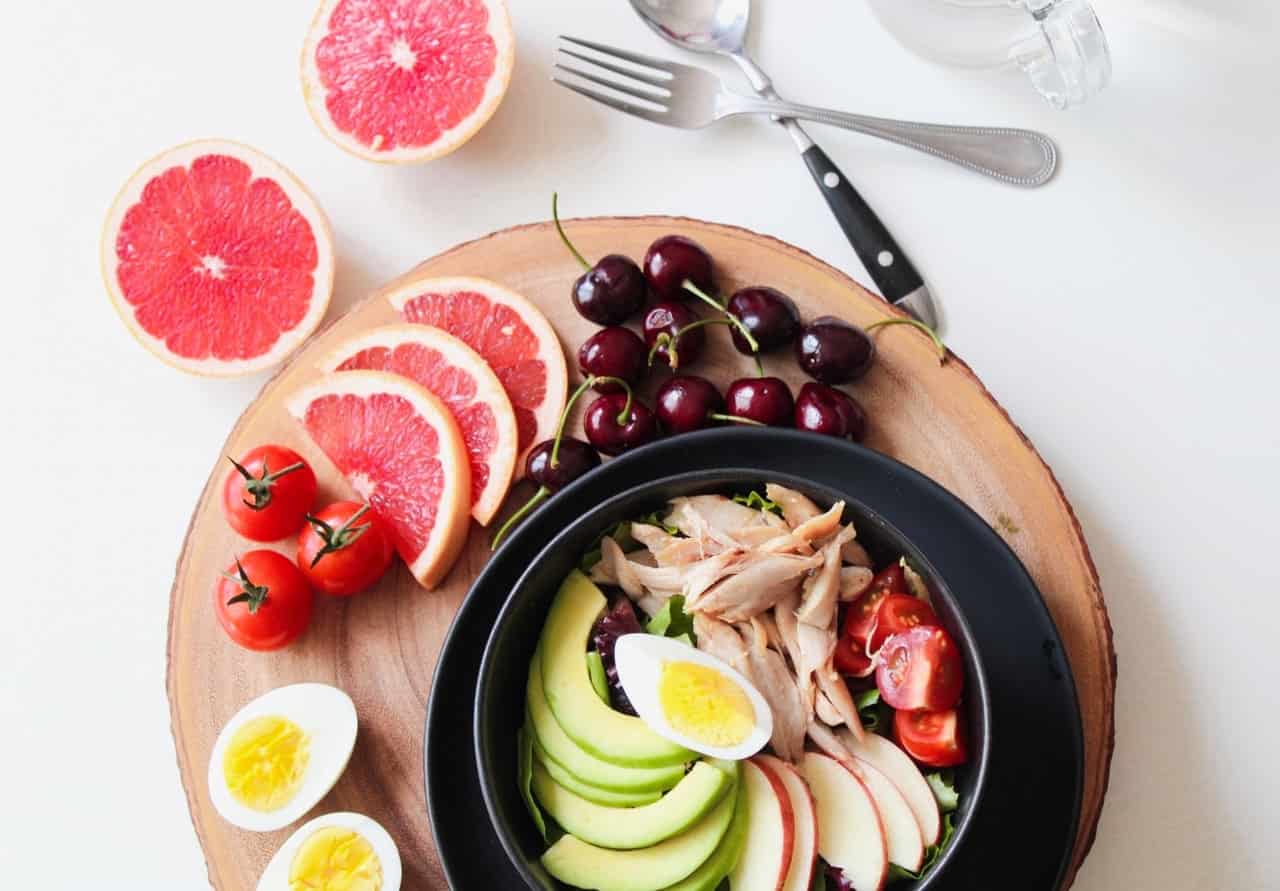 A diet can improve the reflux problem and should be easy to digest, so the following foods are the most recommended.
A diet can improve the reflux problem and should be easy to digest, so the following foods are the most recommended.
Whole grains or whole foods with wholegrain
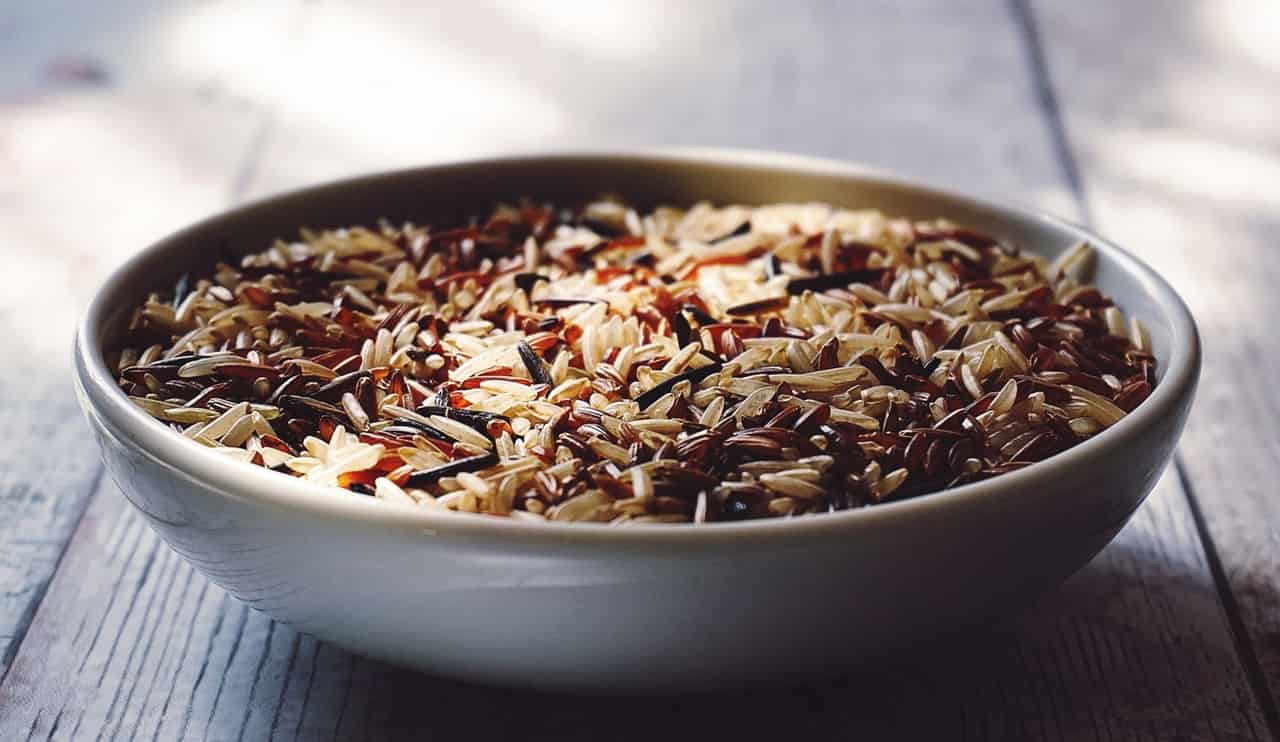 These contain more fiber than their refined versions, they facilitate our digestion, some examples of wholegrain products are brown rice, wholemeal bread, and pasta.
These contain more fiber than their refined versions, they facilitate our digestion, some examples of wholegrain products are brown rice, wholemeal bread, and pasta.
Vegetables
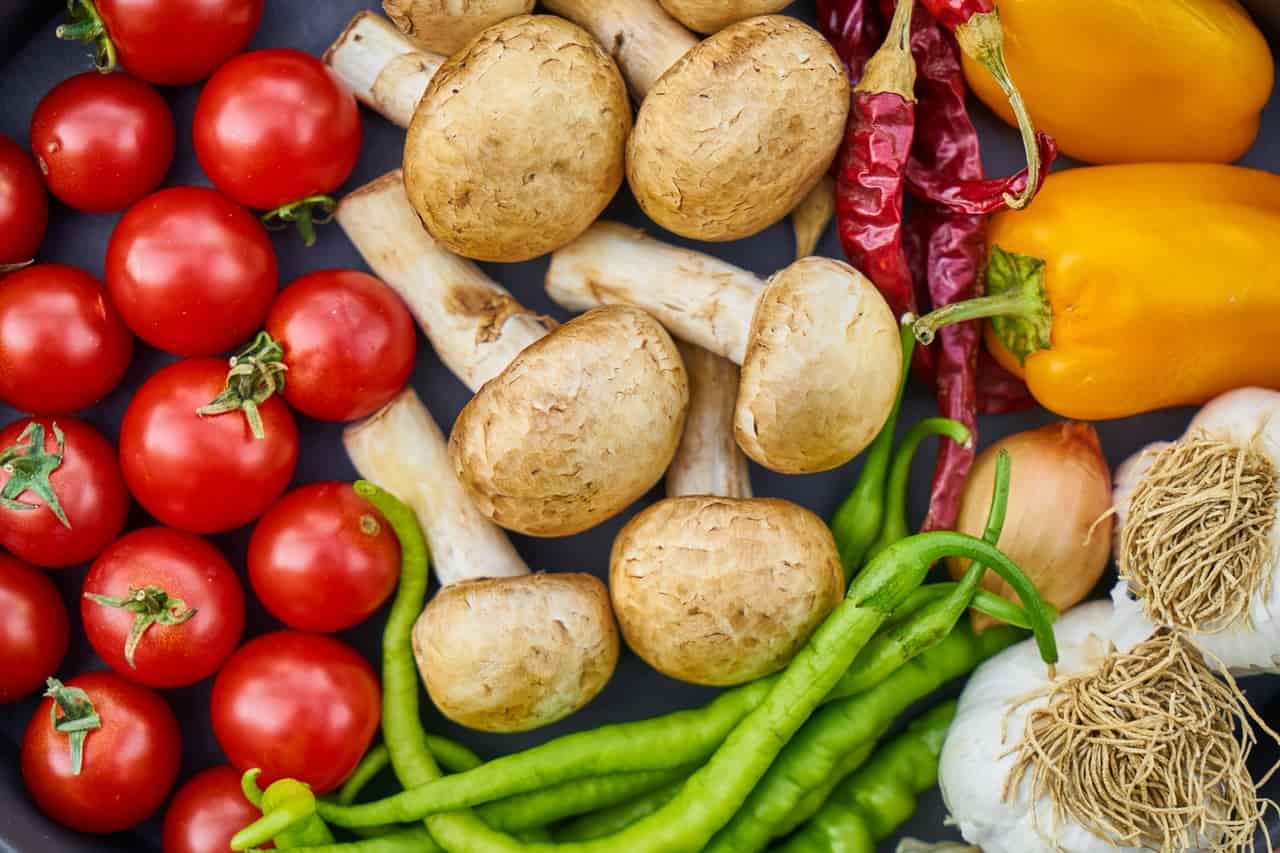 It is recommended to eat them raw or to cook little, like steamed vegetables. Avoid tomatoes, chilli, or peppers.
It is recommended to eat them raw or to cook little, like steamed vegetables. Avoid tomatoes, chilli, or peppers.
Fruit
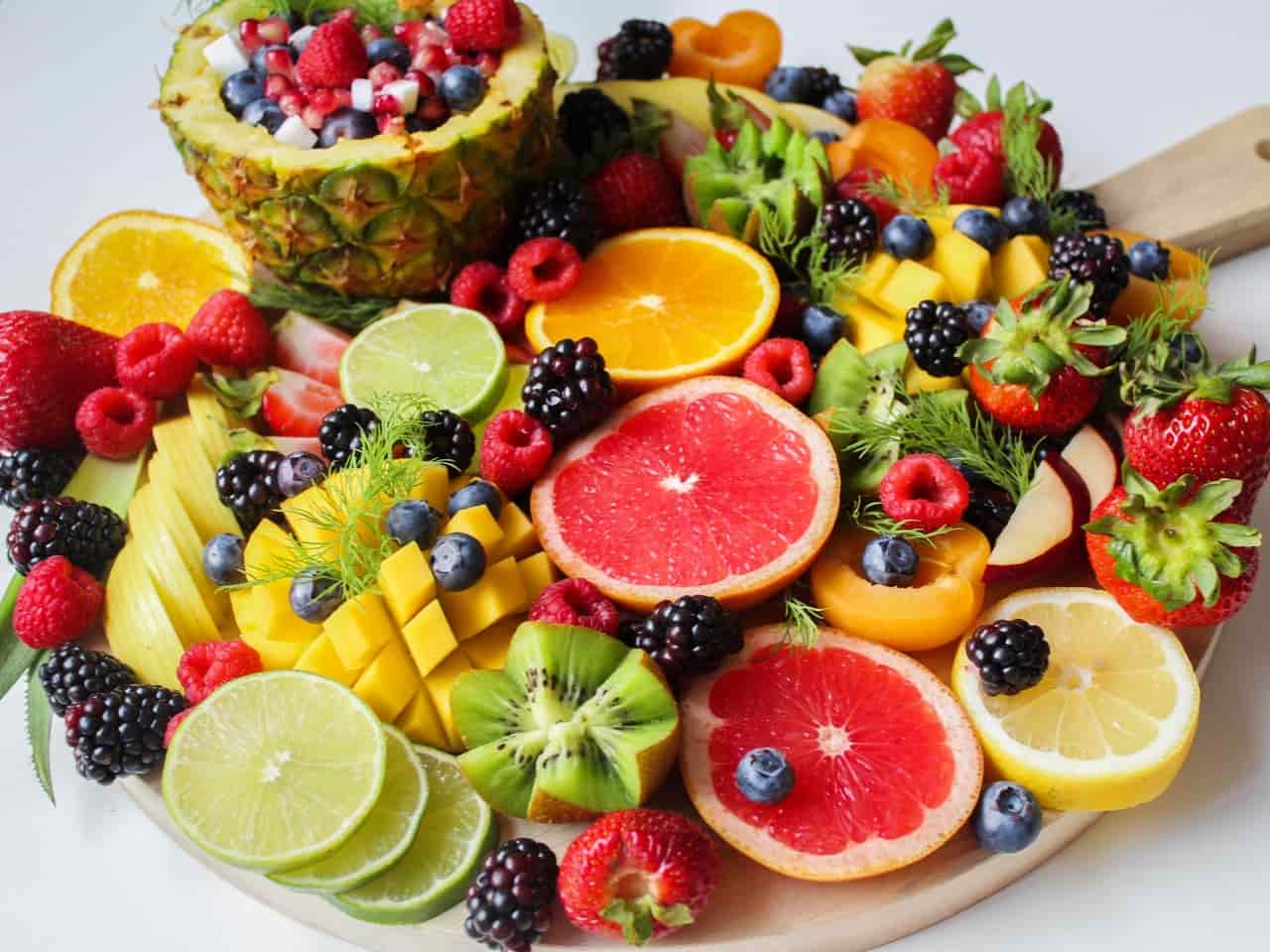 You can eat fruit without any problem, except citruses like orange, kiwi, grapefruit, or pineapple, although some people can tolerate it without problems.
You can eat fruit without any problem, except citruses like orange, kiwi, grapefruit, or pineapple, although some people can tolerate it without problems.
Legumes
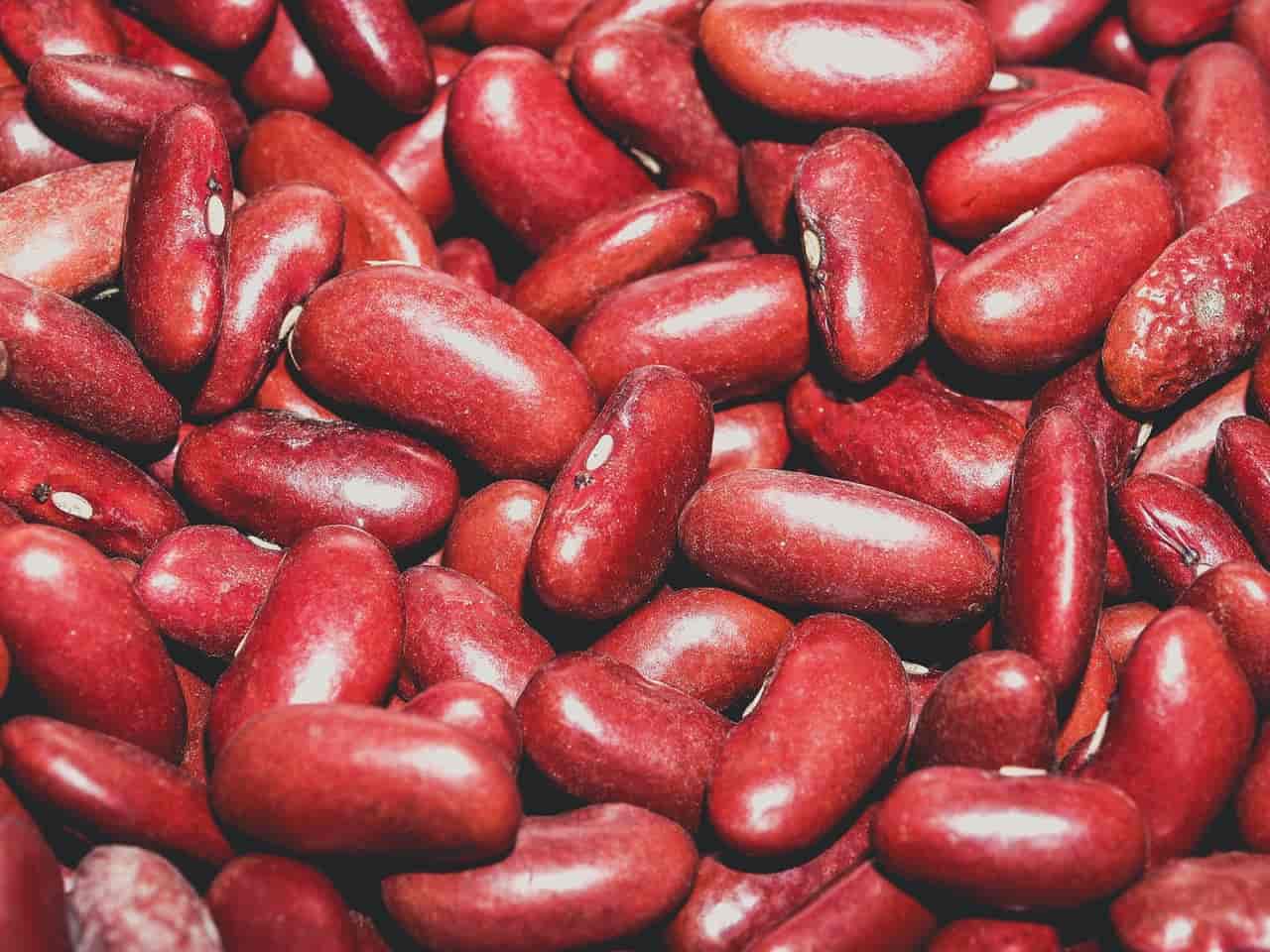 They are high in fiber, so their use is recommended, it is advisable to soak them in water and then remove them before they are cooked.
They are high in fiber, so their use is recommended, it is advisable to soak them in water and then remove them before they are cooked.
Lean meat
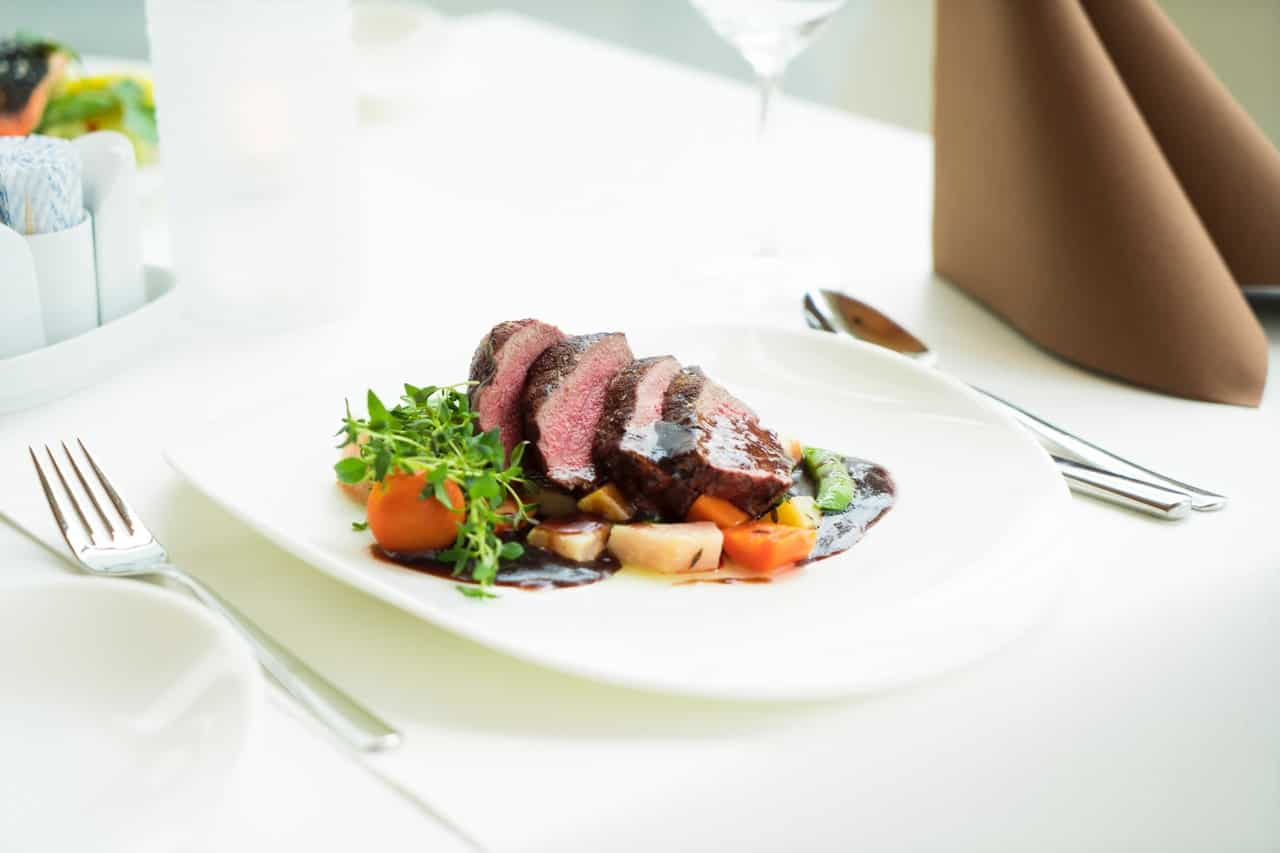 You can eat low-fat beef and white meat like chicken and fish. Finally, drinks during the day are recommended, such as water and herbal teas, which promote good digestion, especially chamomile.
You can eat low-fat beef and white meat like chicken and fish. Finally, drinks during the day are recommended, such as water and herbal teas, which promote good digestion, especially chamomile.
Prohibited food
Some foods cause or exacerbate reflux, so try to avoid them.
Mint
In all its forms, such as tea, candy, etc., can be harmful because it relaxes the lower esophageal sphincter, causing reflux.
Citrus fruits
They are poorly tolerated for people with gastroesophageal reflux. Avoid lemon, orange, grapefruit, among other things, if you have noticed discomfort after eating.
Spices
Pepper, chilli, and spicy or spicy foods can make reflux worse, so we have to limit their consumption.
Fatty foods
Meat with fat or sausage, fried foods, breaded, or those that require a lot of oil. Desirable cooking methods are cooked, steamed, grilled, or baked.
Carbonated drinks
Soft drinks and carbonated drinks are generally not recommended.
Chocolate
Chocolate has substances that can relax the lower gastroesophageal sphincters, causing reflux.
Caffeine-rich drinks
Drinks with caffeine can be very irritating and bad for the treatment of gastroesophageal reflux.
Hiatal hernia Diet and Home remedies
Helpful home remedies for a diaphragmatic rupture
Heartburn, as the most common symptom of hiatal hernia, can be successfully combated or at least alleviated with a whole range of home remedies. Below you will find several home remedies that can be helpful in the event of a diaphragmatic fracture.
Drinking
With mild heartburn, increase fluid intake from drinking can be helpful. Mild herbal teas or still water help flush the stomach acid from the esophagus back into the stomach, especially since it is also diluted a little there. However, carbonated drinks, fruit juices, black tea, or coffee are not recommended, the stomach or stomach is additionally irritated by the acids or caffeine it contains.
Potatoes
Potatoes contain starch, which can bind excess stomach acid and thus relieve symptoms of hiatal hernia. Symptoms are best reduces either in the form of puree or as juice from raw potatoes.
Chewing gum
Chewing gum leads to increased saliva production. This can buffer the stomach acid and also stimulates the self-cleaning of the esophagus.
Elevated
Sleeping position The correct position when sleeping can positively influence a diaphragmatic rupture, including symptoms. If the upper body is a little higher, then the stomach acid can not flow into the esophagus so easily. An adjustable slatted frame is recommended here, or simply an additional pillow.
Self-massage
A self-massage of the upper abdominal area is beneficial for symptoms of hiatal hernia, especially since such a massage strengthens the muscles in the abdomen and can prevent a diaphragmatic rupture.
Clothing
The right choice of clothing can also be a suitable home remedy for stomach problems and a hiatal hernia. For example, pants or belts that are too tight can put increased pressure on the stomach and thus increase heartburn. People who wear loose, loose clothing prevent gastric acid reflux.
Medicinal herbs & medicinal plants
Certain medicinal herbs and plants have an anti-inflammatory and calming effect on the digestive organs and gastric mucosa, thus also helping with heartburn and other complaints associated with a hiatal hernia.
These medicinal herbs should also be slime-forming and acid-regulating. For example, chamomile, anise, fennel, caraway, ginger, or licorice root can be helpful in these cases. It can be taken either as tea, but also in the form of tablets, drops, or plant extracts.
Also, the red elm is an effective medicinal plant for pain caused by a diaphragmatic fracture. The elm is anti-inflammatory and has a calming effect; it reduces the formation of stomach acid and thus also relieves heartburn. Aloe vera, as a classic of natural medicinal plants also helps to calm the intestines and relieve pain in the stomach.
Overview of helpful plants for symptoms of a hiatal hernia diet
- chamomile
- anise
- fennel
- Caraway seed
- ginger
- licorice
- angelica
- hibiscus
- Aloe vera
- slippery elm
- cinnamon
Essential oils
Essential oils can affect the entire bloodstream of humans. It is easily taken up by skin contact or by inhalation into the bloodstream and tissue. In medicinal products, essential oils enter the body directly through the gastrointestinal tract.
Some essential oils help with complaints in the stomach area. They have an antispasmodic effect and are effective against flatulence. Notably, the oils from plants like fennel, caraway, and anise are recommended here and are the right choice due to their active ingredients in a hiatal hernia. In this case, the easiest way to take in is over freshly brewed tea.

